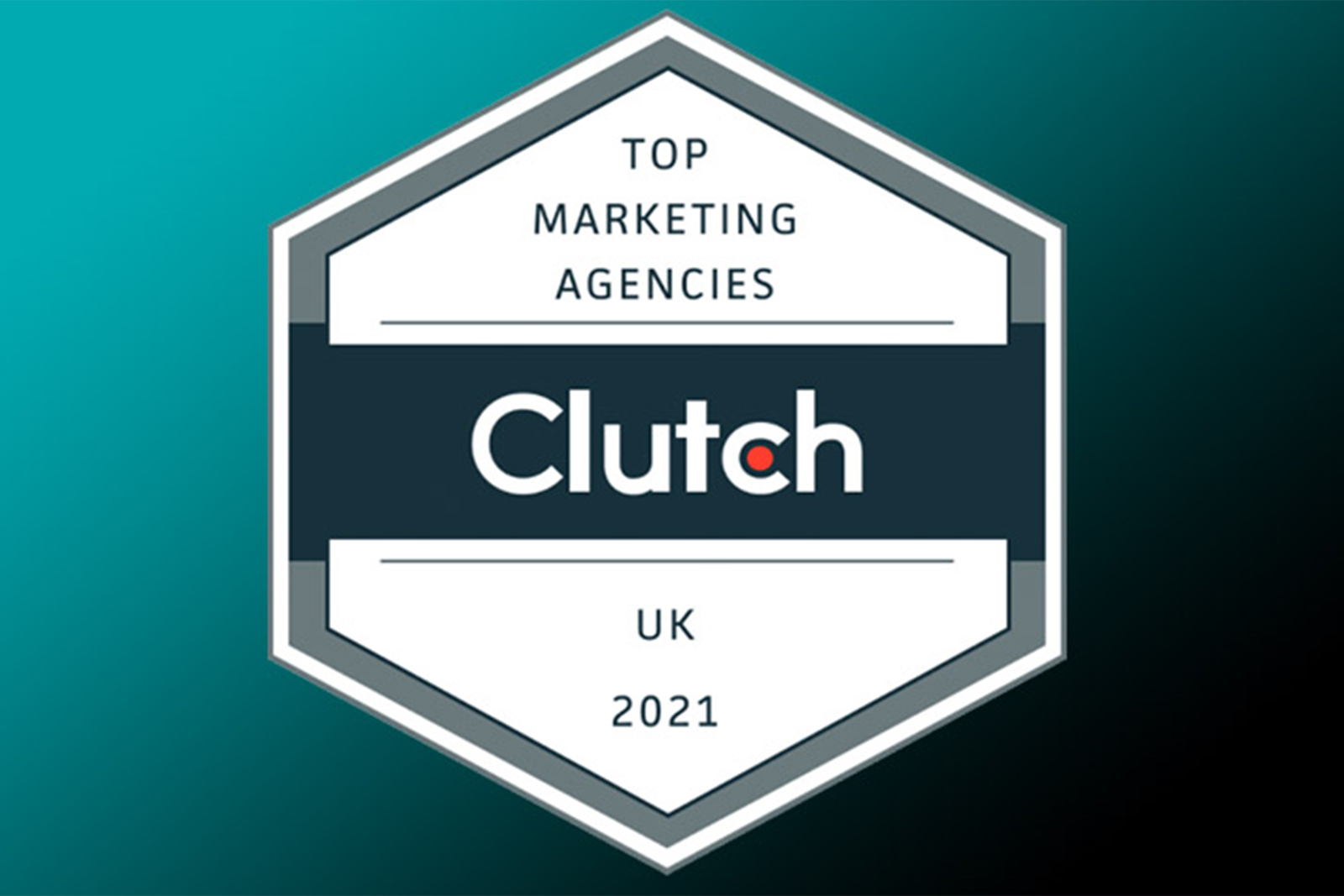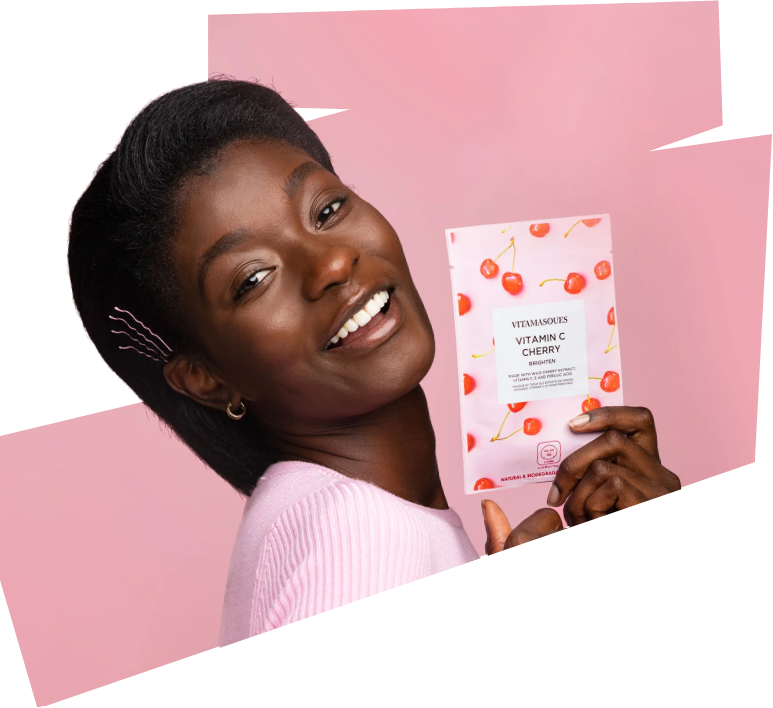In an ever-evolving digital landscape, PPC advertising is one of the most dynamic channels, continually adapting to new technologies and consumer behaviours. As we approach 2025, businesses that keep pace with PPC developments will be well-positioned to optimise their campaigns and remain competitive. Here’s a look at the trends set to drive PPC performance in the near future and how brands can leverage these to maximise impact.
AI-driven PPC automation and bidding precision
AI has already had a massive impact on digital advertising, and the coming year will see it integrated even further into PPC. AI-powered PPC automation tools will help streamline campaign management, automating everything from bid adjustments to keyword selection. With real-time data analysis, AI can predict optimal bidding strategies, helping advertisers improve ROAS and reduce manual workload.
Why it matters
AI-powered PPC automation provides real-time adjustments, helping brands achieve better outcomes by predicting and responding to audience behaviour in real time. This is particularly beneficial in competitive markets where timing and cost control are key to maximising returns.
Voice search advertising for natural language queries
With more users opting for voice-activated searches on devices like Amazon Alexa and Google Assistant, voice search ads are quickly gaining ground. By 2025, targeting keywords in natural language and conversational phrases will be essential for PPC success. Brands must optimise for phrases that mirror how people speak, opening up fresh opportunities to capture audience attention.
Why it matters
Voice search is often more specific and question-based, leading to higher intent keywords. Brands that adjust their PPC campaigns to include voice-friendly terms will likely benefit from more relevant traffic and conversions.
First-party data focus with privacy-compliant targeting
As privacy regulations tighten and third-party cookies are phased out, first-party data will be at the core of PPC strategies. First-party data, such as website visits, purchase history, and user preferences, allows brands to personalise ads and build accurate audience segments without compromising privacy. With compliant targeting practices, advertisers can achieve personalisation while respecting user consent and data privacy.
Why it matters
First-party data supports privacy-centred strategies, building trust with audiences while enabling precise targeting. This approach allows stronger relationships with customers, which translates into higher conversion rates and loyalty.
The continued rise of video ads
Video ads continue to dominate social and search platforms due to their high engagement potential. In the near future, video will be an essential component of PPC strategies across platforms like YouTube, Instagram, and TikTok. Interactive, shoppable video ads will increase in popularity, allowing users to make purchases directly from the video. This trend reflects a shift towards content that entertains, educates, and converts into one seamless experience.
Why it matters
Video ads create a more engaging experience for users, helping brands communicate complex messages quickly. Shoppable video ads, in particular, reduce friction by allowing users to act immediately, boosting conversion rates.
Interactive and immersive ad formats
Static ads will increasingly be supplemented by interactive formats like quizzes, polls, and augmented reality (AR) experiences. Such ads offer users an engaging way to explore products or services before committing to a purchase. For example, AR ads can let users ‘try’ a product virtually, helping bridge the gap between physical and digital shopping experiences.
Why it matters
Interactive ads generate higher engagement and keep users on the page longer, improving both click-through and conversion rates. They also offer valuable data on user preferences and engagement, helping brands fine-tune future campaigns.
Seamless cross-platform integration
Cross-platform PPC campaigns that cover multiple devices—from mobiles to smart TVs—will be crucial as users move fluidly across digital environments. By ensuring consistent ad messaging and functionality across platforms like Google, Meta, and LinkedIn, brands can reinforce their messaging and maximise reach.
Why it matters
Cross-platform strategies increase brand visibility and create a cohesive user experience across touchpoints. Integrating PPC efforts across channels ensures that customers receive consistent messages, enhancing both brand recall and engagement.
Ad customisers for real-time personalisation
Ad customisers allow advertisers to tailor messaging based on real-time variables such as location, device, or time of day. By next year this will become an industry standard, enabling brands to provide highly relevant, tailored experiences. Whether it’s offering discounts to nearby users or highlighting specific products based on device type, ad customisation helps enhance relevance and drive conversions.
Why it matters
Ad customisers improve the relevance of PPC ads, enhancing engagement and conversion rates by making ads feel personalised. This is particularly effective for time-sensitive promotions or localised campaigns.
Advanced attribution for insightful cross-channel tracking
Understanding how different channels contribute to conversions is critical, and next year will see a surge in advanced attribution models. Tools like Google Analytics 4 will allow marketers to better understand the customer journey by capturing insights from every touchpoint. This approach enables advertisers to allocate budgets more strategically, based on each channel’s true impact.
Why it matters
Advanced attribution models help brands understand the role of each interaction along the conversion path. This leads to more informed budgeting decisions and helps improve overall PPC performance by focusing on high-impact channels.
Final thoughts
2025 will be a pivotal year for PPC as AI, video, privacy, and personalisation reshape the landscape. Brands that embrace these trends—through AI-powered automation, first-party data strategies, voice search, video content, and advanced attribution—will be equipped to drive results.
The PPC ecosystem is growing more complex, but with a proactive approach, businesses can harness these developments to optimise campaigns, boost conversions, and achieve sustained growth.







